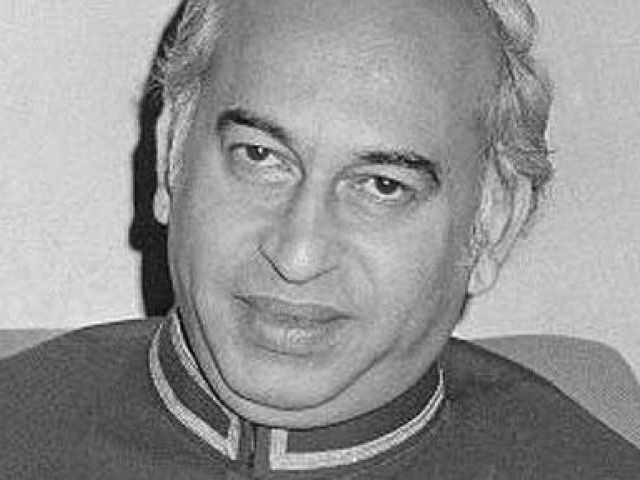
On April 2, 2011, the president Asif Ali Zardari approached the Supreme Court through a presidential reference under Article 186 of the Constitution to seek its opinion on revisiting Bhutto’s trial but the reference remains undecided for the last seven years.
PPP senior lawyer Farooq H Naek confirmed to The Express Tribune that the party leadership had given him instruction to file an application on behalf of PPP Chairman Bilawal Bhutto Zardari for becoming party to the case.
Zulfikar Ali Bhutto: The man who made history
“The application will be submitted soon as we will request the SC for an early decision on the presidential reference,” Naek said.
Another senior lawyer of the PPP, Sardar Latif Khosa, said he had carried out a research of remedial justice done all over the world, adding that the courts of different countries had revisited their judgments wherein miscarriage of justice was done.
“It is the best time for the judiciary to correct its historical mistake. The party will move application on behalf of Bilawal Bhutto Zardari who is not only the PPP chairman but also ZAB’s grandson,” he added.
One section of lawyers believes that on the legal side, the incumbent president, who belongs to the Pakistan Muslim League-Nawaz (PML-N), can withdraw the presidential reference; but on the political side, it is very difficult for the federal government to take this decision right now.
Former attorney general Tariq Mahmood Khokhar said the top court, while exercising suo motu powers, can revisit the ZAB murder case as “it is a big stigma on judiciary that Bhutto was not given opportunity for fair trial”.
Another PPP lawyer Shafqat Abbasi urged the CJP to take suo motu notice of the matter.
Babar Awan, who has now joined the Pakistan Tehreek-e-Insaf (PTI), had earlier appeared as the federal government’s counsel in the case and had given lengthy arguments but on Jan 17, 2012, his practising licence was suspended for criticising court’s order in the memogate case.
Last time, the SC on November 11, 2012 took up the presidential reference case but the PPP’s Aitzaz Ahsan could not appear as he was in Karachi to attend the funeral of late Iqbal Haider, a PPP stalwart and a senior advocate of the Supreme Court.
Accepting the five preliminary questions of law regarding revising of ZAB’s case, the Supreme Court on April 21, 2011 nominated a number of legal experts to assist it over the issue as amicus curiae, or friends of the court.
These included Ali Ahmed Kurd, Tariq Mahmood (from Balochistan), Aitzaz Ahsan, SM Zafar (from Punjab), Abdul Hafeez Pirzada, Fakkhrudin G Ebrahim, Makhdoom Ali Khan (from Sindh) and Barrister Zahoor ul Haq and Lateef Afridi (from Khyber-Pakhtunkhwa).
Later, some of them expressed inability to assist the court due to various reasons.
Zulfiqar Ali Bhutto's death anniversary: Sindh govt declares public holiday on April 4
The SC had not given its final opinion, but on January 13, 2012 during the hearing of the ZAB reference case, then chief justice Iftikhar Chaudhry had observed that the court could only advise on the reference, but had no jurisdiction to revisit the case, as the court’s authority was restricted on that particular issue.
The PML-N-led Punjab government had opposed revisiting of the ZAB case under Article 186 of the Constitution, but the K-P government supported the federal government’s stance under the Constitution.
On January 2, 2012, the SC also issued notice to Ahmed Raza Kasuri, the man who had lodged an FIR against the PPP founder. Kasuri, in his reply, opposed reopening of the case arguing that the president was an ‘interested party’.
The SC judgment on the hanging of ZAB has never been referred to as a precedent by the judges in any case.
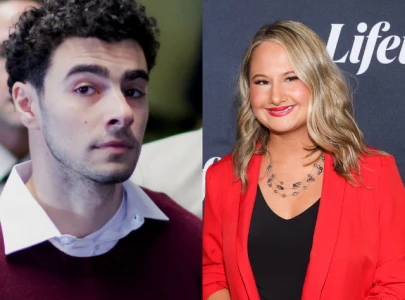




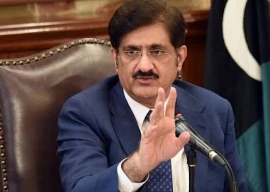
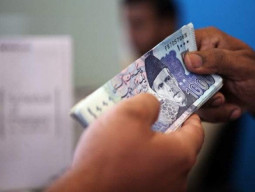



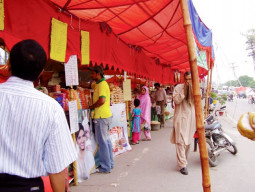
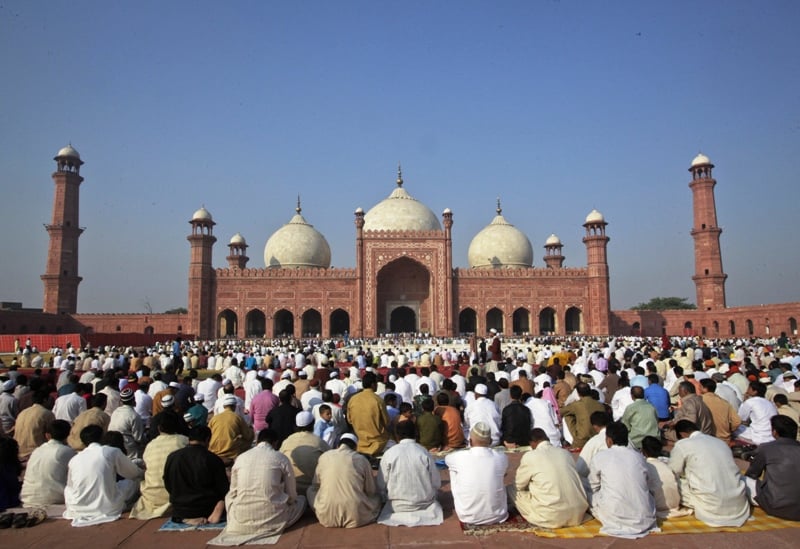










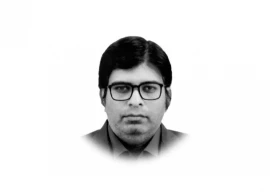
COMMENTS
Comments are moderated and generally will be posted if they are on-topic and not abusive.
For more information, please see our Comments FAQ